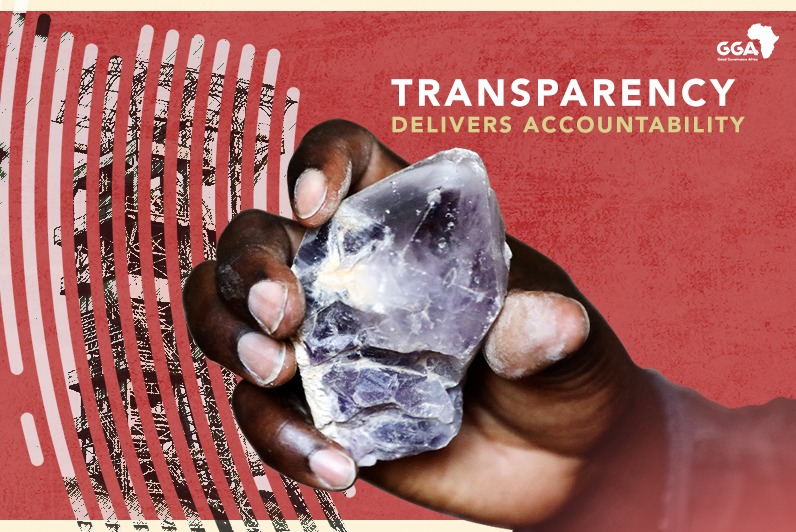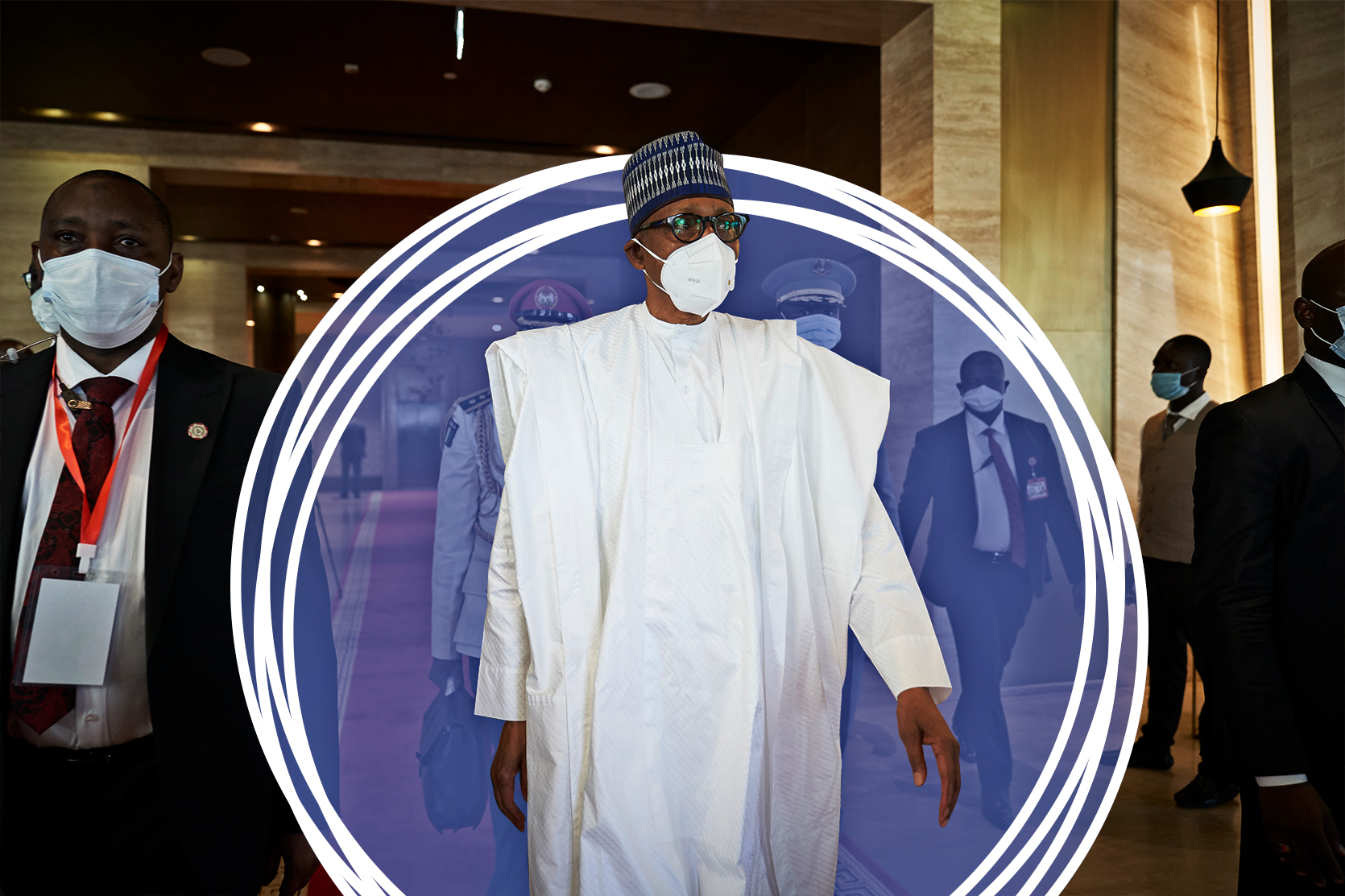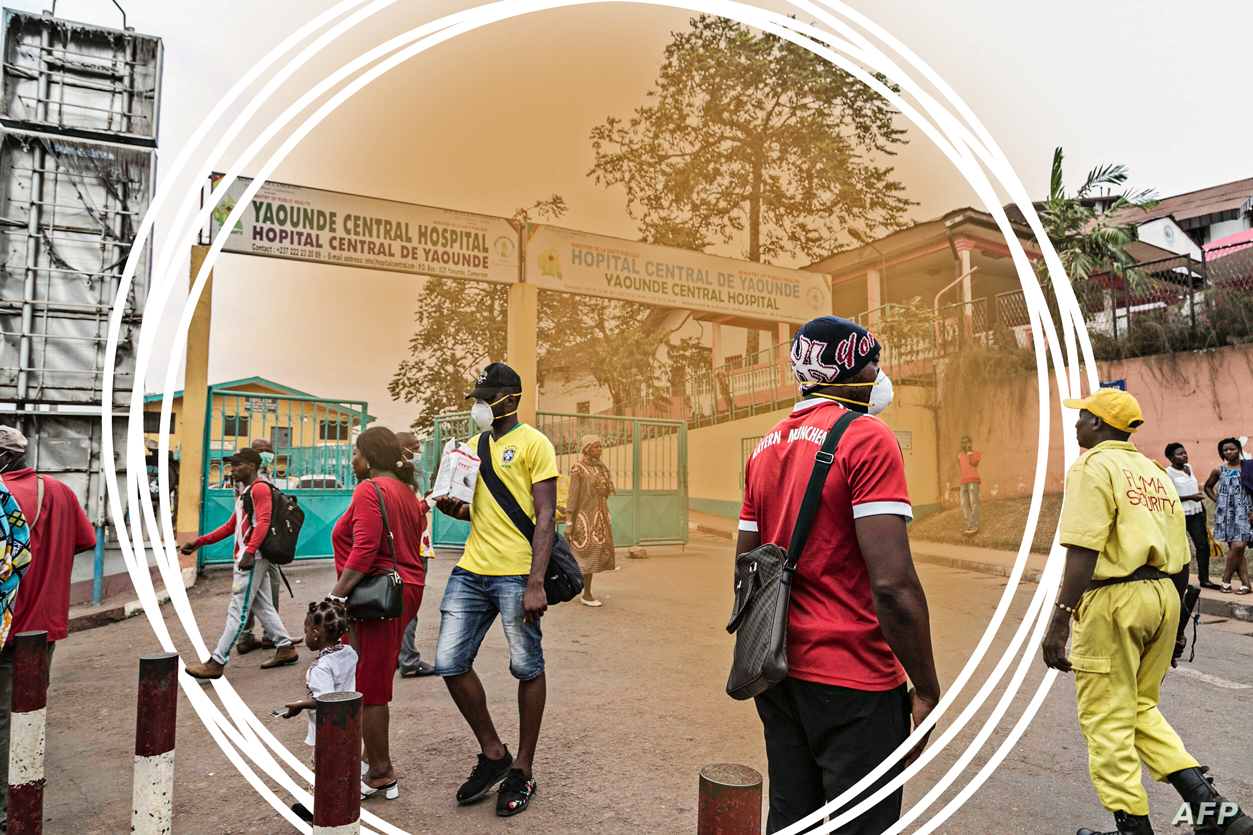
Given the fragile socio-political and environmental context in which the extractives industry so often operates in Africa, transparency is an absolute necessity for companies if they are to be regarded as good neighbours, and avoid becoming embroiled in destructive conflict.
We generally define conflict broadly to mean violence directed towards people or property, but also the imposition of restrictive policies, or the obstructive acts and omissions of stakeholders, that make it onerous or costly to operate. In our view, a fundamental feature of all mining conflicts, of whatever nature, is an underlying distrust in the bona fides of the company, or sector more generally. One cannot build trust without transparency precisely because it helps the parties determine accountability, for past wrongs, current performance, and future responsibilities, and in doing so provides a clear path for rectification, and gives hope that “this time it will be different”.
Transparency is an absolute necessity for companies if they are to be regarded as good neighbours, and avoid becoming embroiled in destructive conflict.
Concentric Alliance regularly facilitates dialogue between mining companies and their stakeholders, on the range of grievances deriving from unwelcome mine impacts or inadequate benefits, real or perceived, that often bedevil mining operations in populated areas. Through carefully managed open sessions, where the object is to shed light on the situation through a process of listening, clarifying or correcting course, we help the parties build sufficient trust for a new dispensation to be negotiated, and delivered on.
At the outset of our dialogue processes, it is common to find a cycle of destructive engagement in operation. Companies that find themselves surrounded by needs and expectations that they cannot possibly meet, hold stakeholders at arm’s length. However, adopting a defensive risk mindset means that genuine opportunities for collaboration are missed, and always conveys the impression of a minimalist, short-term and opportunistic neighbour, intent on the pacification of communities rather than integration within them. Faced by a wall of institutional silence, near-mine communities often believe they have little other option than to resort to disruption and protest to gain attention.
At this point, reasonable and unreasonable expectations are bundled into one, and legitimate community grievances can be used to push for individual gain. When protests do then capture the urgent attention of the company a destructive precedent is established, where disruption can be seen to yield far better results than following due process. By then, the issues appear so immense and the community context so hostile and frightening, that little is done to really get to grips with the underlying problems. Hence, the cycle continues.
Companies that find themselves surrounded by needs and expectations that they cannot possibly meet, hold stakeholders at arm’s length.
Our aim is to definitively break this cycle, by illustrating what can practically be achieved in addressing the issues through constructive engagement, and our starting point is always to radically improve information transparency and communication. For companies, transparency over their stakeholder commitments, and performance on those commitments, very obviously creates a clear line of accountability for delivering on them. It also places an onus on the company to communicate proactively with stakeholders in the event of changing circumstances that might reasonably prevent delivery. Here COVID-19 is an obvious example, where expenditure priorities will have had to be re-arranged. But unless this is effectively communicated, all that remains is the perception of non-delivery.
The absence of reliable and publicly available company information often leads to the mistaken belief that there is more to go around than there actually is. Publishing data – and making it easily accessible – on supplier spend, procurement opportunities and supplier development programmes, licenses and permits, employment trends and social investments, is vital in establishing a factual basis upon which legitimate grievances or inaccurate perceptions can be identified and addressed. Inviting third party verification of data, and comparison with regulatory requirements or international benchmarks, adds an additional level of objective credibility. Furthermore, ensuring that company processes for interacting with suppliers and other stakeholders are clear, simple and responsive, is vital. There is nothing more toxic to trustful stakeholder relationships than the institutional wall of silence.
Our aim is to definitively break this cycle, by illustrating what can practically be achieved in addressing the issues through constructive engagement, and our starting point is always to radically improve information transparency and communication.
Transparency delivers accountability elsewhere too. At the local level, where municipalities are often severely constrained, there is typically a wide ‘grey area’ in public (and political) perceptions between the statutory responsibilities of the State, and the social contributions of companies. Transparency and dialogue help demarcate this division, and can lead to negotiation for those needs which fall between the two.
Crucially, transparency also increases accountability for community representatives. In open engagements where broad participation is encouraged, representatives have an opportunity to demonstrate their efficacy – but self-serving or divisive conduct also becomes equally visible.
In the many processes we have been involved in, there are always opportunities for improving the impact of extractives operations on those surrounding them, if one can get past the anger and the noise, born of desperation, that are uncomfortable and unnerving to face. Transparency is key to understanding where those opportunities lie, as is the accountability that flows from it in ensuring these opportunities are realised.
[1] In South Africa, this would include publishing the full text of the Social and Labour Plan (SLP) for a particular operation.
James Gordon is an Executive Director of Concentric Alliance, an Africa-based conflict resolution practice. See www.concentricalliance.com.
He is also a trial lawyer, communications specialist and certified mediator, and has spent more than twenty years exploring different aspects of dispute and conflict resolution. His work has seen him advising a range of international companies, industry bodies, public institutions and charities on strategic and political communication, and has led to him becoming an accredited commercial mediator with the Centre for Effective Dispute Resolution (CEDR).













